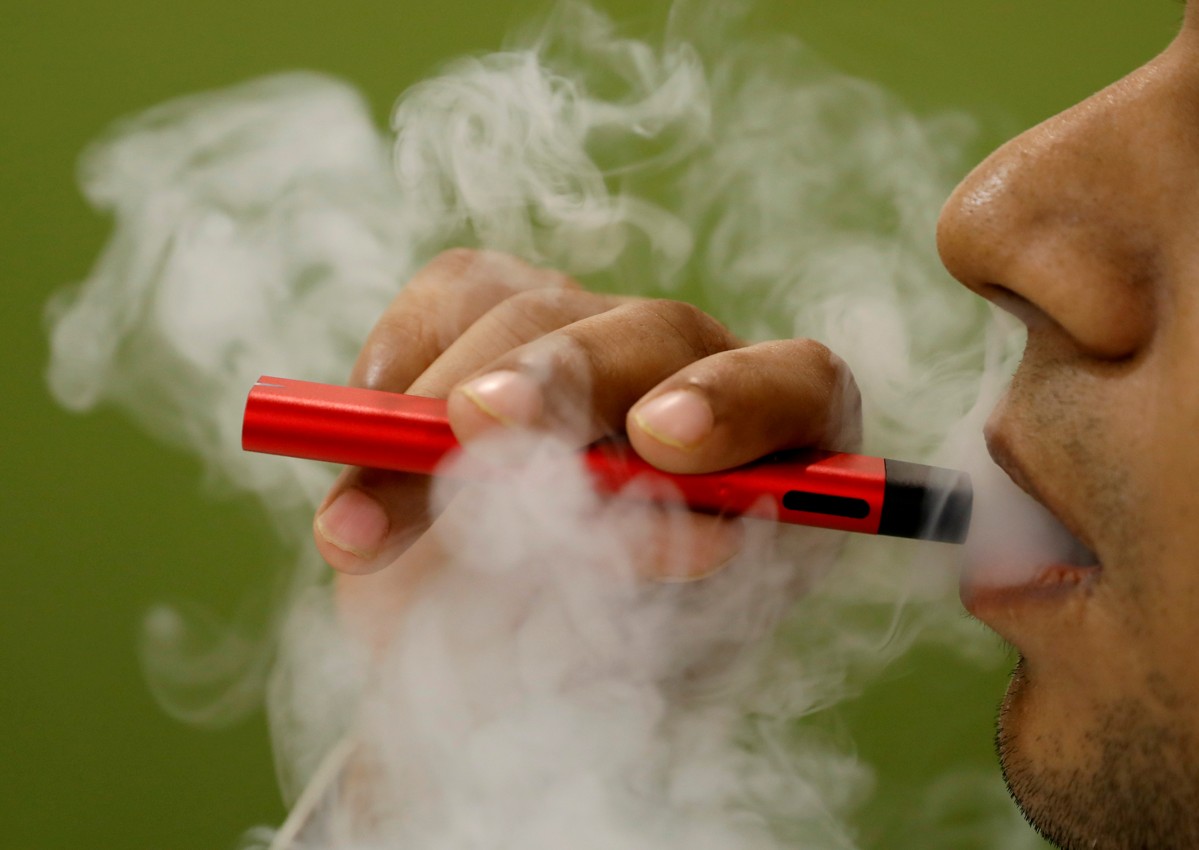
December 17, 2019

An article in the latest issue of Science magazine has warned that prohibitionist measures on vaping goes against scientific evidence.
The authors, four leading public health experts in the US, said in the article that the current discussions in the US on vaping “often neglect distinctions between nicotine and THC; between adults and youth; and between products obtained through the retail and black markets.”
The recent lung illness outbreak associated with vaping and an increase in youth vaping have led to several US states ordering restrictions on the use of e-cigarettes.
Reviewing the research on the subject, authors said they share the “strong concern about the large surge in youth vaping”, but added that vaping should still be promoted as smoking cessation device.
“We suggest that careful analysis of all the data in context indicates that the net benefits of vaped nicotine products outweigh the feared harms to youth,” they said.
The article said the impact of the black market, a source of contaminated THC-based oils, has been “devastating” on the vaping sector.
Recently, a report from the US Centers for Disease Control and Prevention (CDC) said Dank Vapes was the most commonly reported product brand used by patients with e-cigarette, or vaping, product use associated lung injury (EVALI) nationwide, with 56 percent saying they had used the black market product.
Dank is not a single licensed product from a business, but a class of largely counterfeit THC-containing products of unknown origin.
CDC analysis has also found Vitamin E acetate, an additive in some THC-containing vaping products as a “chemical of concern” among EVALI patients.
The article notes that there is no consensus to treat vaping as a causal gateway into smoking. Instead, the record lows in youth smoking rates in the years vaping surged the most could mean that nicotine vape use may be replacing smoking, it suggested.
The authors added that there is solid scientific evidence that vaping nicotine is much safer than smoking in the case of adult smokers.
The article counters the growing demand to ban flavoured vapes, saying it plays a role in making adult smokers switch.
“Evidence suggests that the vast majority of smokers who successfully switch completely from smoking combustible products to vaping do so—after weeks, months, or years of dual use—by transitioning from vaping tobacco, or menthol-flavored liquids, to other flavors and often to lower nicotine concentrations or even to no nicotine in order to reduce the triggers that remind them of their prior smoking product,” the article read.
Authors said the restrictions on vaping would not augur well for public health and the fight against smoking.
“Restricting access and appeal among less harmful vaping products out of an abundance of caution while leaving deadly combustible products on the market does not protect public health. It threatens to derail a trend that could hasten the demise of cigarettes, poised to take a billion lives this century.”